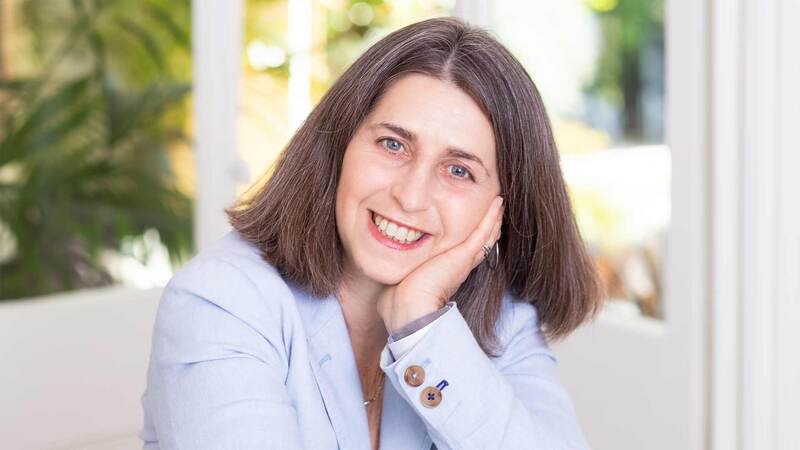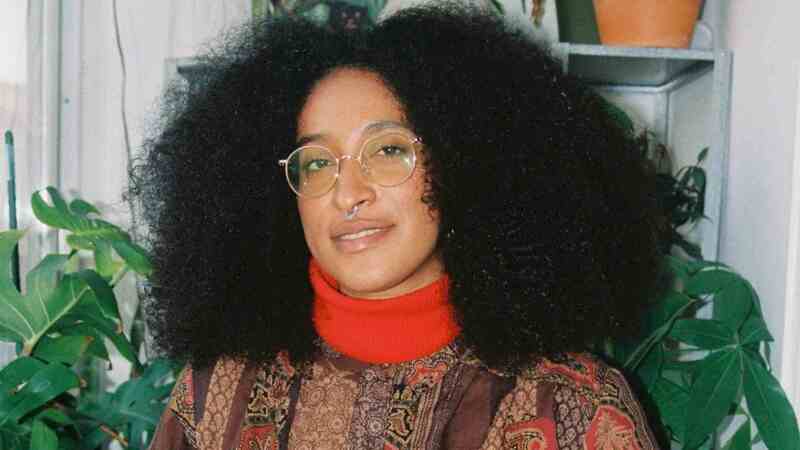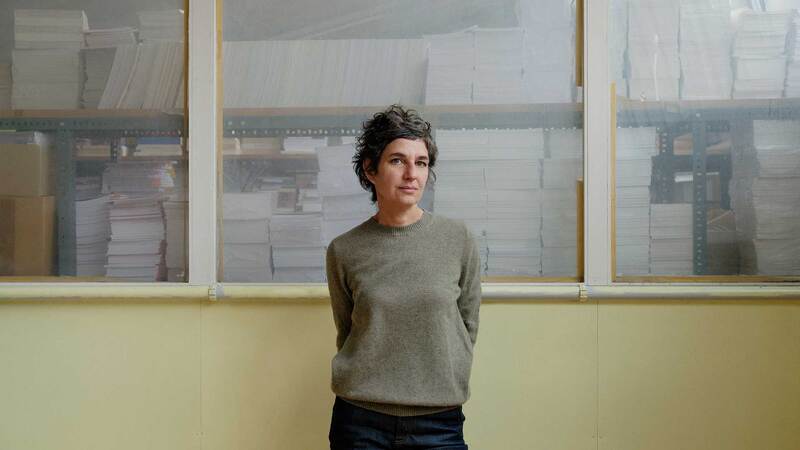You are viewing your 1 free article this month. Login to read more articles.
Beevor urges writers consider Emirates Lit Fest boycott
Historian Sir Antony Beevor is boycotting the Emirates Festival of Literature in Dubai next March in protest at the treatment of academic Matthew Hedges, and has urged other British authors to consider doing the same.
English PEN and the Society of Authors have warned against any blanket boycott, saying it is for individual authors to decide whether or not they choose to take part in any festival or event.
It was first reported by The Times that, as well as personally oping to withdraw from the UAE's annual literary festival, Beevor had called on British authors to lead "a cultural boycott". It also reported he had urged British tourists to stay away from the UAE until Hedges' life sentence is revoked. Responding to the developments, the Emirates Festival of Literature has stressed the importance of "always keeping an open dialogue".
Hedges, a 31-year-old academic at Durham University, was sentenced this week to 25 years in prison for spying on behalf of the UK government. He denies the charges, maintaining he was in the country to research a PhD thesis on UAE security strategy, but prosecutors claim he confessed. UAE ambassador, Sulaiman Almazroui, has said that the government is studying a request for clemency, but added that the "UAE is a country with an independent judiciary".
In wake of the verdict, remarking on what were "obviously trumped-up charges", Beevor is reported by The Times as saying: "I don’t see how any British author can go to the festival in these circumstances. Unless there is a reversal of this sentence British authors should not attend."
However he later told The Bookseller that, whilst he personally believed not going was the most "effective" course of action, by “boycott” he still meant it was “up to every single author” invited to decide for themselves where they stand on the issue.
"It’s not a question of trying to impose something centrally or anything like that, far from it. Basically I think that any author who has been invited needs to consider their own particular position," said Beevor.
"Some may believe it is better to go and to speak about it out there. In my case - and as I warned the literary festival months in advance - I would have thought at the moment [that it may be better not to go]. In October, at the time of the arrest, I wrote to the festival's director and said ‘I’m terribly sorry but if he’s not released there’s no way I can come. Other authors may feel the same way’. And then [Wednesday] morning, of course, I immediately wrote to her again to say that in the circumstances - given the outrageous sentence that has been passed, without any semblance of a trial even - there was no question of being able to go.
“It’s entirely up to the individual author though. Some may feel they can do better by going; that could be an interesting way of doing it. I feel the UAE is so concerned about its tourist industry [that] in fact the idea of people refusing to go to the UAE while he is still in prison is more effective.”
Antonia Byatt, director of English PEN, took a similar line that it’s up to individual writers to decide what's right for them. However, she also asserted the freedom of speech organisation was against "wholesale boycotting".
"We would not recommend wholesale boycotting," said Byatt. "If a writer does not want to go for good reasons then absolutely that’s the action they want to take. But we wouldn’t want to censor literature festivals and events; they sometimes represent ways local authors can get a platform and are where people share ideas, share values, and can talk about these kinds of issues.
"Each individual writer must make their own decision. It is very powerful when writers do speak out and take action. PEN supports them either way: If they decide to go to a country, there’s plenty people can do to draw attention to concerns they might have around freedom of expression or human rights, if they want to visit writer who is in prison in that country for example. And, equally, if they feel it’s against their own values or beliefs to go somewhere, they are entitled to do that.
"What’s important to know is how powerful writers’ voices can be in this context and it’s important people speak out but there are very different ways of doing that."
Although Beevor is a council member of the Society of Authors, akin to English PEN, SoA c.e.o. Nicola Solomon confirmed it would not be calling for a boycott of the literary festival either. Instead she urged the British Government "do everything within their power to find a swift resolution to Matthew Hedges’ situation".
Following a meeting of the Society of Authors’ management committee on Thursday (22nd November), SoA's elected Board confirmed unanimously that SoA believes that it is for individual authors to decide whether they choose to take part in any festival or event.
Solomon commented: "We support the decisions of our Council member Antony Beevor and others who have withdrawn in protest from the Dubai Literary Festival – an act that sends a statement to the festival organisers, and to the regime. We will of course support the choice of other authors who follow his example.
"However, we will also support those authors who still choose to participate in the festival, many of whom would argue for the necessity of continued engagement and dialogue for precisely the same reasons that others would withdraw.
"The Society of Authors represents more than 10,500 members, with a broad a spread of backgrounds, belief systems and approaches to life. For all their differences, they have one thing in common: choice. We celebrate that choice and individual judgment. We would not therefore call for a boycott of the Dubai Literary Festival.
"We urge Foreign Secretary Jeremy Hunt and the British Government to do everything within their power to find a swift resolution to Matthew Hedges’ situation."
Responding to news of Beevor's withdrawl from the event, the Emirates Festival of Literature has stressed the importance of "always keeping an open dialogue".
Other Brits on the line-up for the festival, held under the patronage of Sheikh Mohammed bin Rashid Al Maktoum, include crime writer Ian Rankin and novelist Sabine Durrant, as well as agent Luigi Bonomi. American names on the roster meanwhile include cartoonist Jeff Kinney and The Shadowhunter Chronicles writer Cassandra Clare. Durrant told the Guardian this week, "I don’t see how in all good conscience I could attend if he was still in prison.”
"We are deeply grateful to all the authors who contribute their time and passion, who share our vision and help us bring the world of literature to life for thousands of people in the Middle East and beyond," said Isobel Abulhoul, chief executive officer and trustee of the Emirate Literature Foundation.
"An appreciation of literature across cultures is something to be encouraged, and we will continue to support and nurture a love of literature in the UAE and the region.
"We hope that authors would come to the Festival to make up their own minds about the work we do and appreciate the benefits of always keeping an open dialogue."
A petition has been started by Hedges’ wife Daniela Tejada-Venegas at www.change.org/p/uae-government-free-matthew-hedges asking members of the British public show their support to help move the issue higher up the Government's agenda. 186,846 people have so far signed.
In January Beevor said publishers should be fighting censorship "whenever they get the chance”, observing that "more and more" attempts are being made by governments to "rewrite history". He was speaking to The Bookseller following the ban in Ukraine of his 1998 award-winning bestseller Stalingrad (Penguin).
Correction: An earlier version of this story incorrectly quoted Sabine Durrant's views on whether she could attend the festival if Hedge remained in prison. We apologise for this error.


















